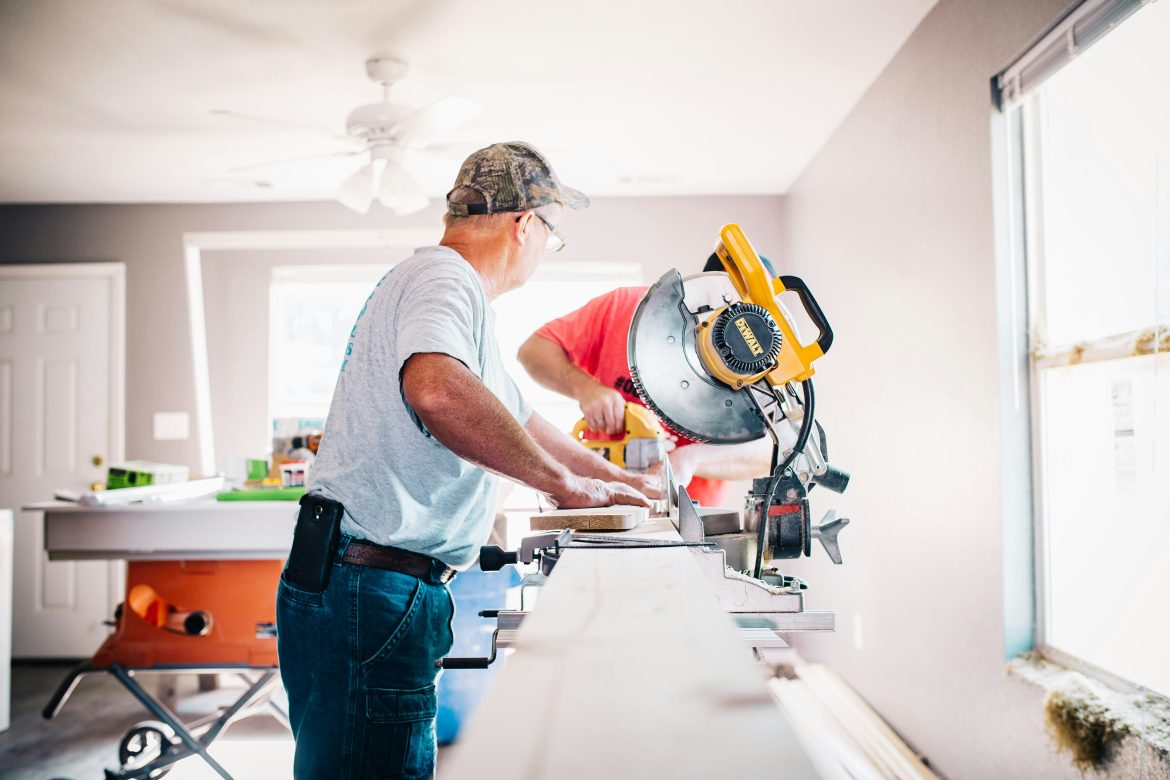Renovating or building a home comes with high stakes, and choosing the right builder can make or break the project.
The Building Industry Bargaining Council (BIBC), with decades of experience in the building sector, offers homeowners practical guidance to avoid common pitfalls and ensure responsible, compliant work on their properties.
“Even if a builder is available and eager to start, it’s worth pressing pause to check their qualifications, compliance, and insurance,” says Danie Hattingh, spokesperson for business at the BIBC.
Rushing into an agreement without proper vetting can expose homeowners to unnecessary legal and financial risks.
“A giver of work often doesn’t realise they play a role in upholding industry standards,” he adds.
“By asking the right questions and checking credentials, you’re not just protecting yourself, you’re supporting ethical work practices across the sector.”
1. Check Their Credentials
Always ask for documentation proving that the contractor is:
- Registered with relevant bodies like the BIBC, the National Home Builders Registration Council (NHBRC), and other trade associations.
- Compliant with labour, tax, and occupational safety regulations.
Builders who are non-compliant may also be cutting corners in areas like worker treatment, material quality, and safety protocols, which could directly affect your project’s outcome.
2. Ask About Experience and Past Work
Ensure the builder has experience with the type of work you’re commissioning. Ask to see photos of past projects or speak to previous clients to gauge the quality of their work and professionalism.
3. Request a Written Contract
Avoid handshake deals. A clear, written agreement should include:
- The project scope
- Milestones and timelines
- Payment schedules
- Dispute resolution procedures
- Warranties or guarantees
Having a written contract helps align expectations and provides a point of reference should issues arise during the project.
4. Verify Insurance Coverage
Insurance is essential. Ask for certificates proving the contractor is covered for:
- Public liability (for property damage or injury)
- Employer’s liability (for workers’ compensation)
- Professional indemnity (for financial consequences of third-party claims)
Without proper insurance, you could end up shouldering the cost of accidents or delays.

5. Clarify Work Hours and Site Conduct
The BIBC Collective Agreement regulates working hours, overtime, and year-end shutdowns. Builders must apply for exemptions to work outside these hours.
Ensure the builder follows local bylaws related to noise, traffic, and safety, especially if you’ll be living on-site during the project.
6. Know Who is on the Job
If subcontractors will be involved, ask who they are and whether they are registered, qualified, and insured. It’s also important to know whether they have worked with the main contractor before and how that relationship is managed.
7. Be Cautious of Unusually Low Quotes
An extremely low price may be tempting, but it can signal hidden issues such as poor materials, unfair wages, or lack of insurance. Hattingh advises, “If a contractor is competing solely on price, dig deeper. Low quotes can hide shortcuts that cost more in the long run.”
8. Ask the Right Questions
In addition to checking credentials, consider asking:
- Do you provide itemised cost breakdowns?
- Are there warranties on materials and workmanship?
- What are your health and safety protocols?
- Does this project need to comply with Construction Regulations, 2014 of the OHS Act?
- When can the work start and finish?
- Will you handle the NHBRC registration for this project?
A contractor’s willingness to clearly and confidently answer these questions is often a sign of professionalism.
A Smart, Responsible Way to Build
Hiring a builder doesn’t have to be risky, but it requires due diligence. By asking the right questions, verifying documentation, and trusting your instincts, you can protect your home, budget, and the people working on your property.
Being an informed client not only benefits your build but helps contribute to a more ethical and sustainable construction industry overall.
Though not tasked with monitoring individual projects, the BIBC’s industry expertise provides valuable insights into common risks and how to avoid them.
“We’re not here to police your project,” says Hattingh. “Our goal is to help everyone, from homeowners to contractors, build responsibly and protect what matters most.”



